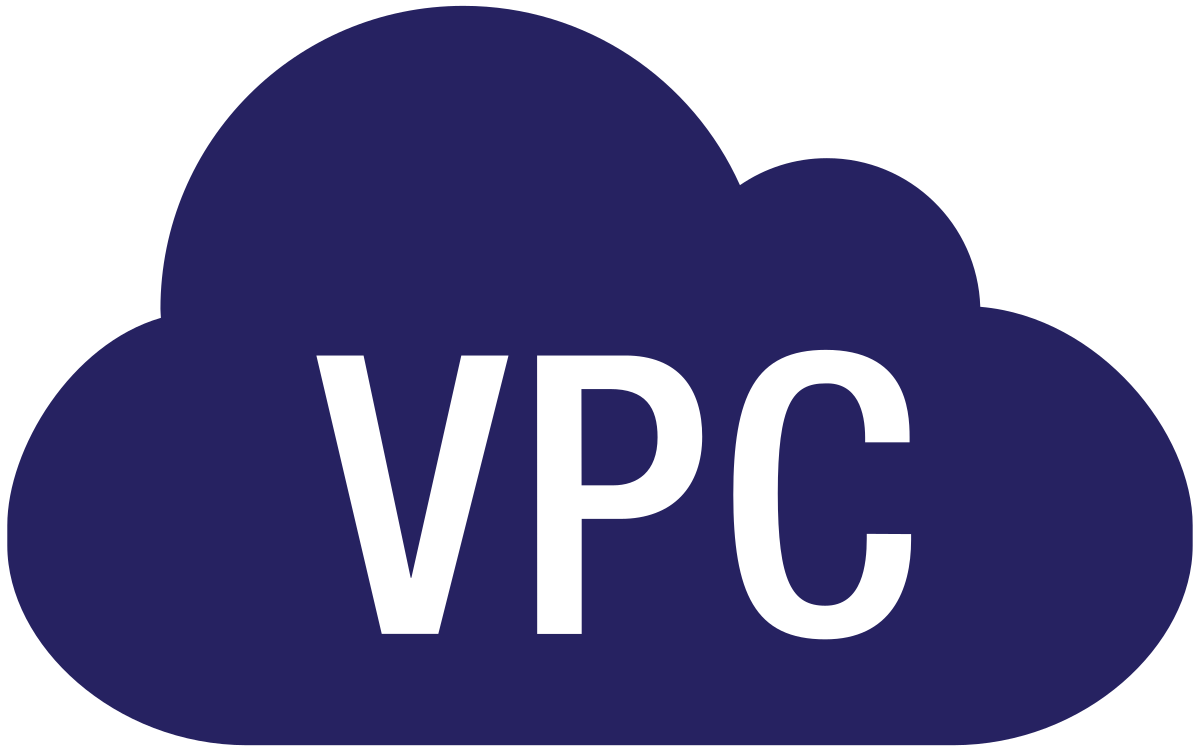
You may surprise what does VPC stand for and what’s VPC is preferred? Virtual Private Cloud (VPC) is a secure and remoted non-public area hosted inside a public cloud.
In this manner, any organisation can create its personal non-public cloud-based totally environment on what’s nearly shared public infrastructure. The organization would then have near-complete control over its very own community, with configurations that may be notably special from all of the other public cloud tenants.
What is VPC Used For?
Anything that a regular non-public cloud can do, from going for walks code to storing statistics to hosting web programs, VPC can also do. The most effective drawback is that typically a digital private cloud is hosted by means of a public cloud provider.
Here’s an illustrative analogy.
Imagine an avenue within the commercial enterprise district coated with office buildings. Smaller ones are generally private clouds; huge ones may be public clouds.
A virtual public cloud is a separate employer office in one of the large public towers. While no person can simply go into the office without authorization, and the corporation can outfit and renovate the workplace the manner they like, they’re nonetheless positioned inside the public environment of an office building.
How Does VPC Work?
Once you realize what VPC is, you would possibly marvel at how these digital clouds absolutely work?
The key’s the phrase digital.
VPCs have grown to be widely available because of the virtualization generation, or the potential to create an abstraction layer on the pinnacle of server hardware. A virtualized layer then can be divided into a couple of virtual machines (VMs), where everyone can work as a completely unbiased computer, with its own operating system and software.
Companies like VMware have emerged as pioneers in virtualization, and VMware web hosting is now a popular solution for companies of all sizes.
A digital personal cloud creates a private space inside a public cloud and isolates a few computing sources for itself.
Some examples of such isolation are precise IP addresses, a VLAN and a VPN.
1.) IP addresses are usually comparable on a public cloud. In a VPC, however, virtualization defines a subnet of IP addresses to most effective be used by the agency that owns that VPC. These IP addresses then won’t be visible or available with the aid of the broader network.
2.) VLAN additionally enables partition of the community, just like a subnet however at a distinct degree. If LAN is a neighbourhood vicinity community (a set of computer systems connected to every different), VLAN is a virtual LAN, created to bring the company’s computer systems together whilst separating them from the rest.
3.) VPN is a virtual private network that encrypts the company’s site visitors and makes it indecipherable for every person else.
So, VPC commonly has a dedicated set of IP addresses and a separate VLAN that is best to be had for the computers within it. What’s more, the enterprise connects to its VPC via a VPN, ensuring that its statistics aren’t visible to public cloud tenants or anybody else.
As such, digital private clouds employ the scalability, redundancy, and accessibility that traditional public clouds offer while playing the isolation and safety of a personal cloud.
The Difference Between Virtual Private Cloud and Private Cloud
It’s very commonplace to confuse a digital non-public cloud and an ordinary non-public cloud. After all, they sound so similar; but they couldn’t be greater exceptional.
A normal non-public cloud is an unmarried-tenant surrounding, a whole provider created for an unmarried employer to apply. A separate workplace construction, you may say.
A public cloud is created on a shared multi-tenant infrastructure, which dozens and even hundreds of clients can get right of entry to (despite the fact that anyone’s information remains personal).
Think of AWS or Microsoft Azure as a number of the maximum recognizable examples.
A VPC, however, is a non-public cloud within a public cloud, bringing you the advantages of each. Finally, you don’t have to weigh in the private cloud vs public cloud anymore.
What Are the Advantages of Virtual Private Cloud?
A digital private cloud can be a super answer for any enterprise seeking out scalability, flexibility, excellent overall performance, and great security, all without breaking the bank.
One of the pleasant components of being hosted on a public cloud is near-endless scalability. VPC’s clients can really upload more assets in actual time, on every occasion they want to.
Since VPC is practically self-contained, it offers the power of being hosted on a public cloud but additionally linked to a committed infrastructure inside the future, if there’s ever one of this want.
If your VPC runs a world wide web application, being hosted on a cloud way better performance for customers global than on-premise servers.
As a rule, VPC companies spend lots of time and sources to make certain their structures usually remain cosy and up-to-date. This is especially vital for small and medium-sized groups that often can’t commit the same quantity of interest to information safety.
Finally, because the underlying infrastructure in VPCs is shared with different tenants, it’s generally a good deal more fee-powerful.
Try Virtual Private Cloud Today
As you can see, digital private clouds are notable for going for walks the whole thing from up-and-coming eCommerce websites to device-learning models that require variable assets to easy business enterprise websites.